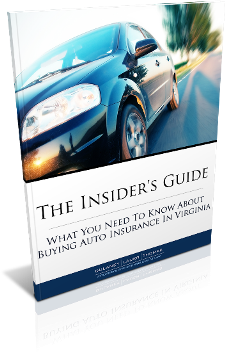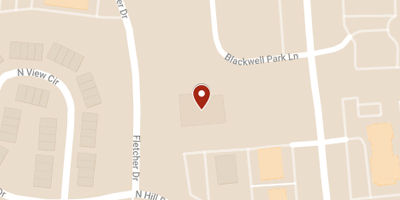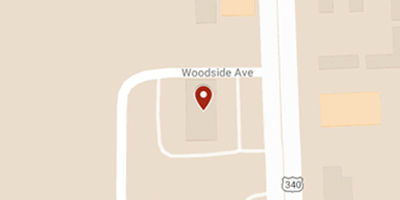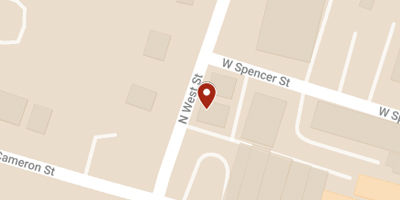.jpeg) The National Fire Protection Association (NFPA) estimates that nearly 300,000 vehicles catch fire each year. However, despite the danger, many drivers have no idea how vehicle fires start, nor what to do if smoke, sparks, or flames become visible. We take a look at how car fires start and who might be held accountable when the driver is not at fault.
The National Fire Protection Association (NFPA) estimates that nearly 300,000 vehicles catch fire each year. However, despite the danger, many drivers have no idea how vehicle fires start, nor what to do if smoke, sparks, or flames become visible. We take a look at how car fires start and who might be held accountable when the driver is not at fault.
Common Causes of Vehicle Fires on Virginia Roadways
A car fire can erupt after even a minor collision if the conditions in the vehicle are right for it. Some common causes of fires include:
- Ignition of flammable liquids. The leading cause of vehicle fires occurs when flammable liquids such as gasoline and oil accidentally ignite from a spark, an overheated engine, or a hot exhaust.
- Fume ignition. Many flammable liquids are known to be volatile, which means they evaporate easily. These fumes and vapors themselves can also be extremely flammable. Even if your gas tank isn’t leaking, the fumes from the tank alone may be enough to create a flame large enough to travel back to the tank and ignite the fuel. Likewise, oil vapors in your engine are specifically designed to ignite with the help of your engine’s spark plugs. If that ignition isn’t controlled or too much vapor is expelled, an explosion could result.
- Electrical malfunctions. Today’s vehicles include a plethora of electrical gadgets. From radios and power windows, seats, and mirrors, to sunroofs and seat warmers, they all need electricity to work. Unfortunately, when you have electricity, you also have a risk of electrical fires. If a single wire becomes damaged or malfunctions, it could create a spark that starts a fire in the wiring or behind the dashboard, or ignite upholstery and other flammable items.
Who Might Be Liable for Damage Caused by a Vehicle Fire
Determining liability for a vehicle fire can be a complex matter, and it often depends on the specific circumstances and causes of the fire. Liability can be attributed to one or more parties involved in the incident. Potential parties who might be liable for a vehicle fire include:
- Manufacturers. Vehicle manufacturers or specific component manufacturers may be liable if the fire was caused by a defect in the vehicle's design or manufacturing, including faulty wiring, fuel system issues, or engine defects.
- Maintenance providers. Entities or individuals responsible for maintaining the vehicle, such as auto mechanics, repair shops, or fleet maintenance services, could be liable if they failed to identify or repair issues that led to the fire.
- Fuel providers. If the fire resulted from a defect in the fuel system or contaminated fuel, the supplier or distributor of the fuel may be held liable.
- Product suppliers. Suppliers of aftermarket parts or accessories, such as modified exhaust systems, electrical components, or fuel system upgrades, may be liable if their products contributed to the fire.
- Third parties. If the fire was intentionally caused or resulted from vandalism or arson by a third party, that individual or entity could be held liable for the damages.
- Other driver. If the fire was caused by a collision with another vehicle and that driver was at fault, they may be liable for the damages resulting from the fire.
It's important to note that liability for a vehicle fire can vary significantly depending on the specific details of the incident. Investigating the cause of the fire, collecting evidence, and consulting with legal experts may be necessary to determine liability accurately. In many cases, multiple parties may share liability, and liability can be apportioned accordingly. Legal advice and assistance are crucial when seeking compensation or pursuing a claim related to a vehicle fire.
What You Should Do After a Car Fire
When you see signs of a vehicular fire, the most important thing you need to worry about is your safety. Do not try to identify the problem, and don’t try to put the fire out on your own. Instead, turn your engine off and quickly exit the vehicle. Once you’re at a safe distance, you need to call emergency personnel to take care of the fire properly, assess any physical injuries you may have sustained, and remove any further danger. Finally, after the flames have been extinguished and your injuries have been addressed, you need to call an experienced lawyer in order to protect your rights.
We believe that no matter the cause of the fire if you or a loved one sustained serious injuries through no fault of your own, you deserve compensation. Fires can cause irreparable physical and psychological damage that may require expensive treatment. However, we can help you get a settlement that will get the treatment you need without the worry of expense.














